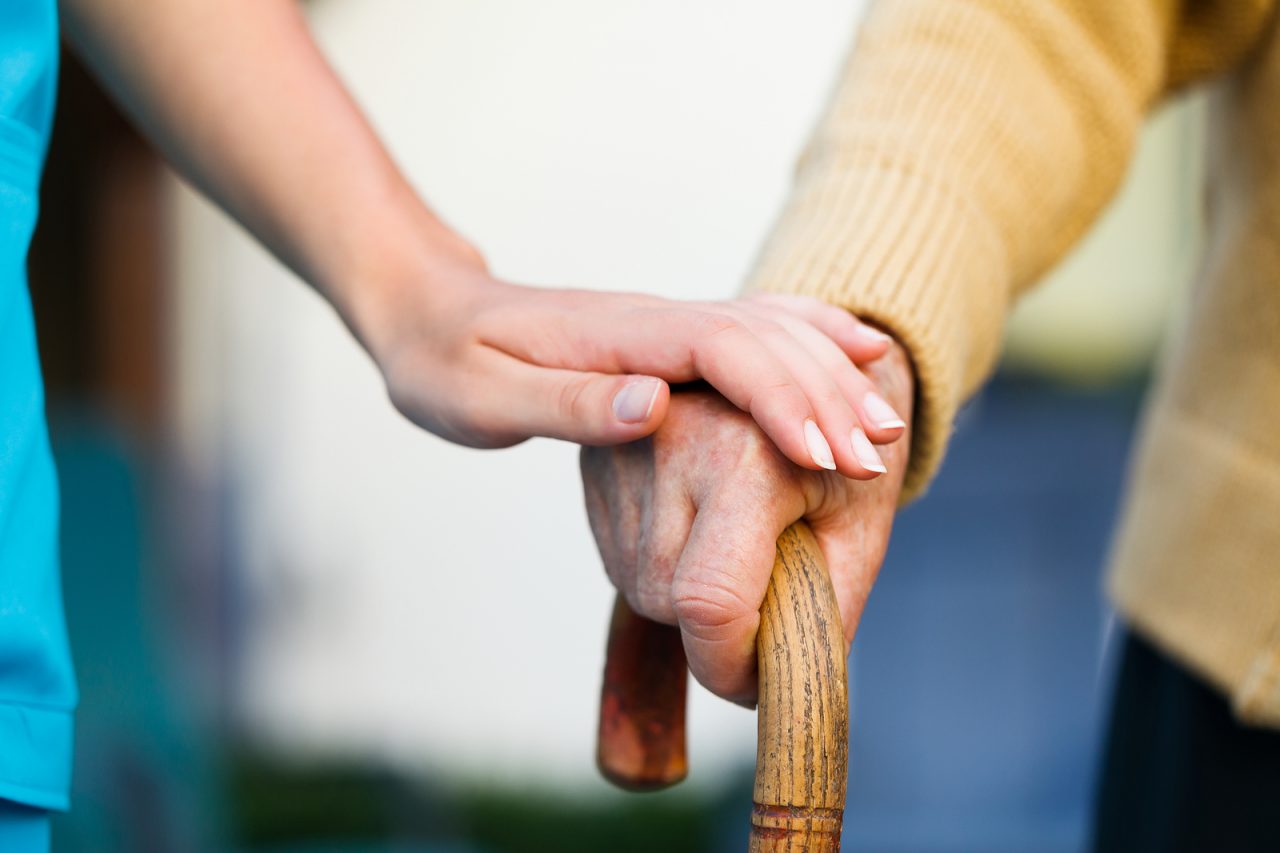On October 24-25, in Boston, MA, The American Society of Clinical Oncology (ASCO), in collaboration with other organizations (AAHPM, ASTRO, MASCC), presented their first annual event focused on palliative medicine. 700 physicians, nurses, health care planners, and sub-specialists within the palliative, hospice, survivorship and supportive care space, attended this landmark meeting. Presenters included major contributors to this area of medicine and focused on the state-of-the art, presentation of new research, and future goals. This was a historic conference and should be viewed as heralding a new era in cancer care.
What follows are my observations and conclusions from the meeting. My hope is the same as the organizers; that this discussion will focus and expand this vital area of medical care.
1. The inadequacy in the provision of palliative medicine and end-of-life services, as presented at this conference, and as outlined in the September 2014 Institute of Medicine Report, continues to be a failure of the healthcare system. The waste of resources and loss of opportunity is a “crisis” of suffering, as extensive research suggests hundreds of thousands of patients have unmet medical needs and poorer outcomes, because of the failure to receive adequate palliative care.
2. Palliative medicine can improve major outcomes in cancer care including:
- Patient and family satisfaction
- Increased survival in specific diseases
- Reduced cost, improved utilization/value
- Pain control
- Patient empowerment
- Depression, Anxiety
- Patient prognostic acuity
3. The roles of the providers of palliative care, such as oncologists, palliative medicine specialists, hospice staff, doctors, nurses, social workers, etc, are not clear. There is major potential and current conflict as institutions and specialties attempt to define their programs and the professional responsibilities of clinicians. Patients may fall through gaps in service or specialties may disagree about decisions.
There remains a stunning cultural gap between oncologists and palliative medicine/hospice providers, which includes obstructive misconceptions and suspicion about motives. While oncologists perceive their role as the leaders and providers of cancer care, the palliative medicine community see themselves as the only truly compassionate voice for the patient. Therefore, there is a great need for vertical education, collaboration and integration.
These poorly defined lines represent opportunity for research and development. Is survivorship the same as palliative care? Is palliative care key to quality oncology care? Is it palliative care when disease cannot be cured and survivorship when disease can be cured? Does palliative care equal value? When is chemotherapy palliative? Is supportive care the same as palliative care? Can we eliminate the separation or even the concept of hospice, all together?
4. There are also significant cultural and practice differences between academic and private practice palliative medicine clinicians, which may result in published recommendations that cannot be implemented in the general practice of medicine.
5. While outpatient palliative medicine clinics have been highly successful in certain institutions, mainly in academic environments, most hospitals and private cancer providers do not have outpatient services. This is commonly a funding issue, despite data supporting net cost savings for systems implementing these services. As reimbursement remains a major obstacle, the financial case must be made.
Inpatient palliative medicine services are available in most hospitals greater than 100 beds.
6. From a scientific standpoint, this field is in its infancy. There are innumerable opportunities for research and NIH funding appears to be available. Academic discovery is critical as supportive and palliative medicine generally lack robust data and are viewed as soft science or art. This will be a core area of future academic departments, cancer centers and ACOs, because of the discovery opportunity, the improvements in care, increased value, and the mandated support of ASCO.
7. As “Personalized Medicine” is better defined, it will be measured by its ability to provide individual quality-of-life services. Genomic science will directly affect palliative care. One size will not fit all. This will include the entire depth of the patient experience, from basic ideas of empowerment to genetic prediction, prevention, treatment of disease, complications and treatment toxicity.
8. Real time patient input regarding symptoms and performance status using portable, Kiosk or online surveys, appears to be an effective and efficient method of recording and monitoring quality of life. Ideally, this data should input directly into clinical EMR systems, but while multiple survey tools exist (PACE, ESRA-C, PRO-CTCAE, QCPS, SAM1-L, ESAS, FACT, FAMCAR, Qual), software and hardware systems, which connect patient input directly to the EMR, are generally not available.
9. Phone counseling and support regarding palliative and supportive care issues using mid-level providers during early cancer care and continued throughout the course of treatment is an effective way of improving patient centered outcomes, although has not yet been shown to impact net cost. (ENABLE Study, 2009).
10. Patients who smoke have increased reported pain, increased need for pain medications and poor pain control, even with skilled care.
11. There remain large gaps in resident and fellow skill in palliative and supportive medicine. Many residents are unwilling to give patients advice regarding end-of-life choices, even if asked, apparently mistaking paternalism for the communication required for informed consent. Improved training is needed. ASCO has a 6 month, entirely on-line, question format, teaching tool for oncology fellows.
12. Electronic Medical Record alerts, which remind oncologists to engage their patients in basic end-of-life conversations, may significantly increase the probability that these conversations will occur and therefore improve end-of-life planning.
13. The specialty of radiation oncology has been slow to investigate palliative care priorities or coordination. Only 3% of the literature in radiation therapy focuses on palliative concepts or therapies. Within medical oncology, specialists in “liquid” tumors (leukemia, lymphoma) tend to be more resistant to the concepts of palliative medicine and are less likely to refer their patients to hospice.
14. The implementation of full board status to Palliative Medicine, requiring a yearlong H&PM fellowship, represents an obstacle for physicians, such as oncologists, who wish to change specialties mid-career. This in turn may exacerbate an evident manpower shortage in palliative medicine.
15. It is ASCO’s position that palliative care is part of the job of the oncologist. This was declared over 10 years ago and formalized in the 2012 Oncology and Palliative Care Integration paper. This does not exclude other specialties, but charges the cancer doctor with providing quality-of-life centered care.
ASCO’s next collaborative Palliative Medicine Symposium is October 9& 10, 2015 at the Boston Copley Marriott. If you have any interest in this changing and remarkable area of medicine, it is worth marking the dates on your calendar.
Hippocrates – “Cure sometimes, treat often, comfort always.”







7 Comments